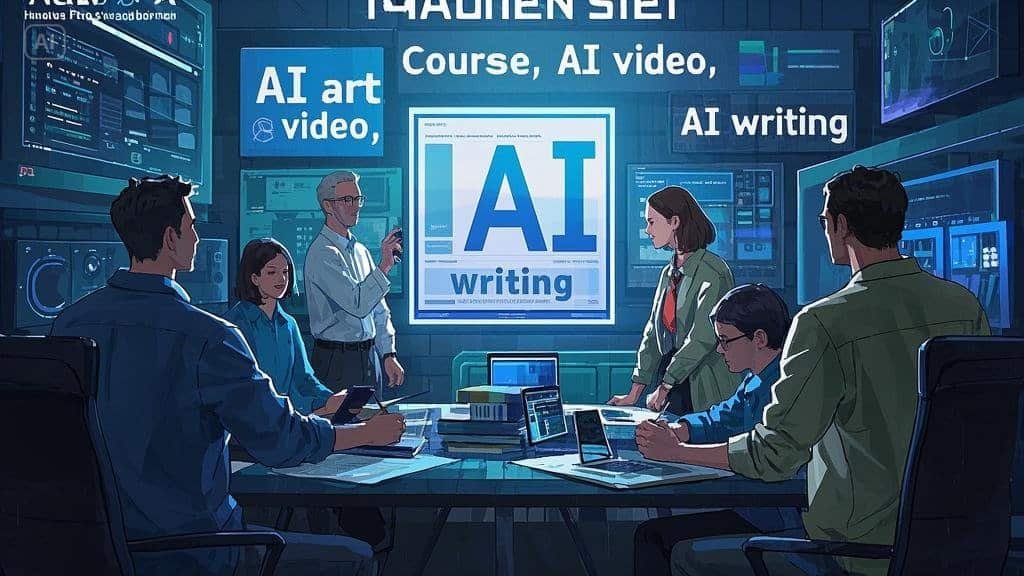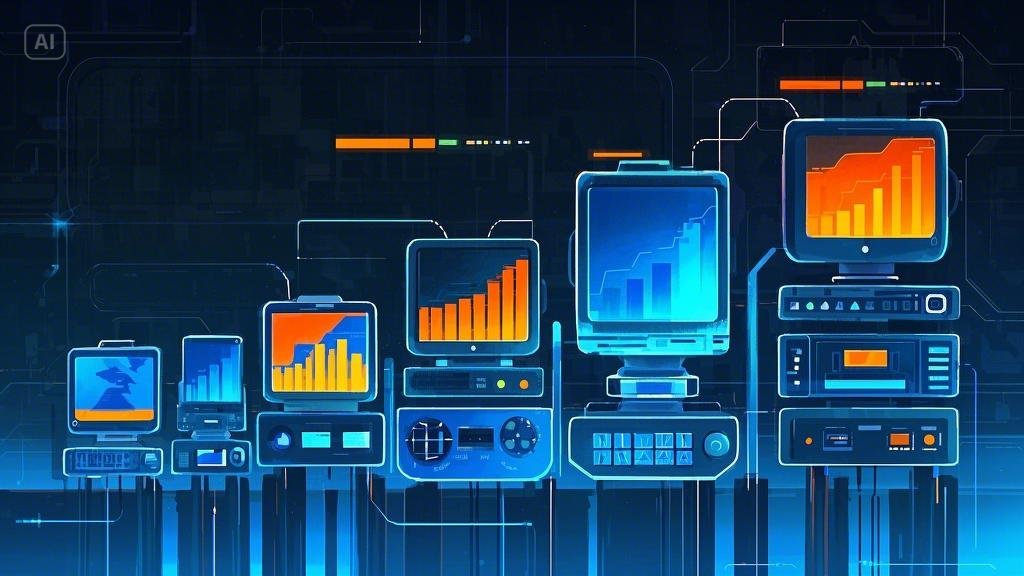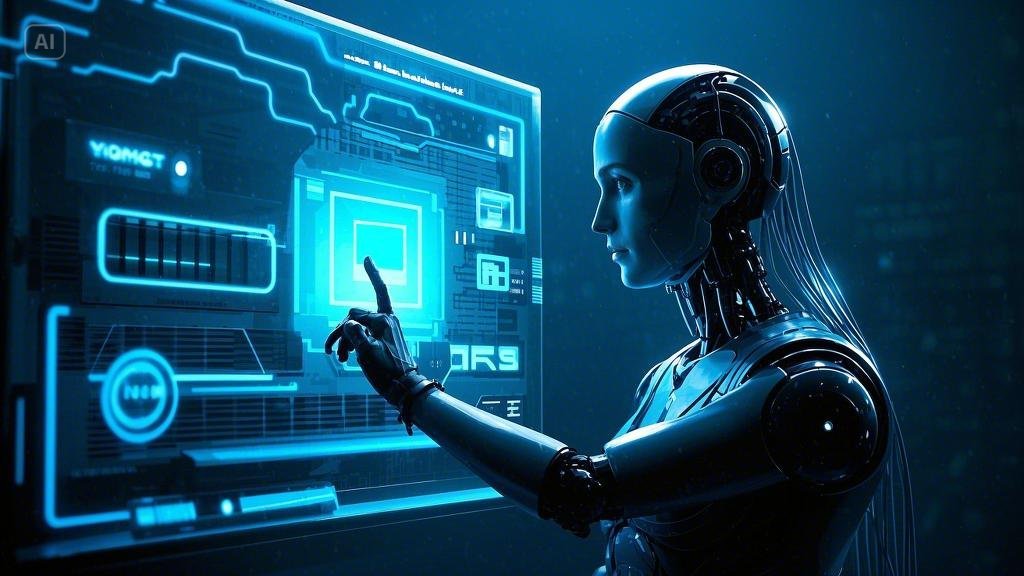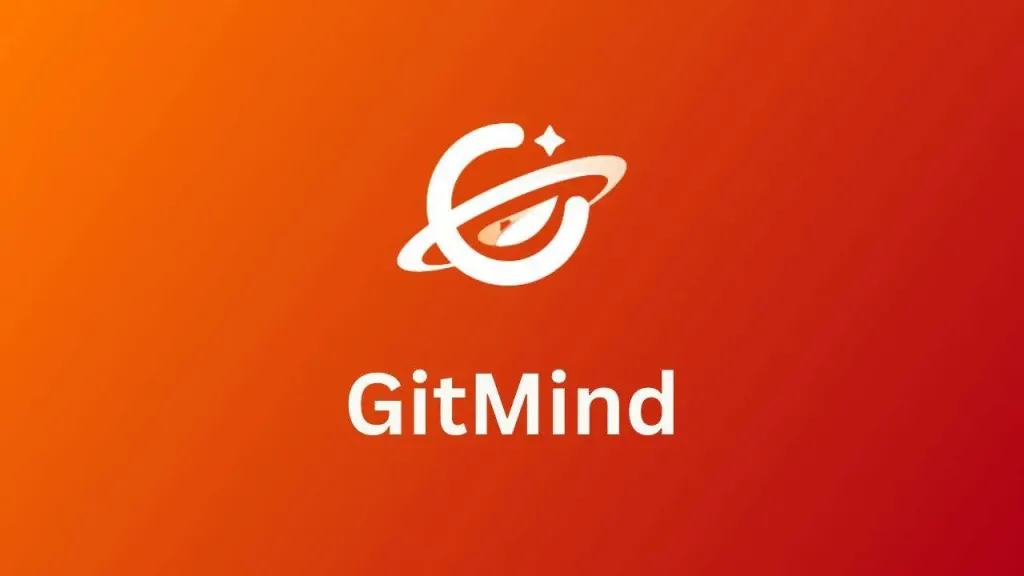After 12 Months of Researching Nearly Every AI Technology, I Came to a Hard-to-Accept Truth!
I spent 20 months researching almost every AI technology, and what I found was a truth that many might find hard to accept.
This truth could challenge your understanding and might even leave some feeling disheartened!
That truth is: Ordinary people don’t need to overcomplicate their learning of AI skills or tools.

In March 2023, the launch of ChatGPT caused a global sensation, sparking a wave of excitement in the AI world.
As a tech enthusiast, I immediately jumped in with passion, determined to study and learn everything about AI.
Over the course of 20 months, I immersed myself in AI technologies, taking both paid and free courses, and exploring a wide range of AI tools.
I generated ads and copy with GPT, used MidJourney to design commercial visuals, made videos with AI, created digital humans, researched intelligent agents… almost every major AI tool and technology,
I’ve hands-on experience with. After over 2000 hours of learning and practice, I came to a shocking conclusion: For most people, these complex technologies don’t need to be learned in depth at all.

Right now, millions of people are diving into AI, and AI-related courses are more varied than ever—creating a dizzying array of options. But my question is: What are they actually learning? Will this learning translate into real skills and income?
Some people spend a lot of money on courses about “AI art,” “AI video,” or “AI writing,” but does learning to make a few AI-generated images make you a designer?
Isn’t a designer’s core competitive advantage their technical expertise, aesthetic understanding, and deep creative insights?
Similarly, even though GPT can help write novels, does mastering AI writing make you a professional writer?

The core issue is this: What we truly need is a deep understanding of the field and the ability to create value, not just mastering technical tools.
No matter how many tools you learn or how familiar you become with large models, if you lack a deep understanding of the field, those tools and technologies won’t bring you real value.
AI is simply a tool. The technology itself doesn’t directly create value.
In my 20 months of learning and practice, I also observed a worrying trend:
Many people have been misled by the “AI courses” available on the market. The learning ecosystem surrounding AI is filled with an anxious, hurried mindset. Some influencers spread fear that not learning AI will lead to unemployment.

Why has such a groundbreaking technology like AI been packaged into something that causes widespread anxiety?
If there truly is a crisis of mass unemployment, the biggest challenge won’t be individual workers—it will be the stability of society as a whole.
Whenever a new wave of innovation rises, it goes through a “bubble phase”—just like real estate and the internet. The difference is that previous bubbles lasted for decades, while AI is still in its early stages, and certain sectors are already showing signs of collapse.
Now, you might be wondering, Isn’t AI a revolutionary technology that’s bringing positive change? Are you really undermining it?
What I’m addressing here isn’t the technology itself—it’s the perception of the technology. Every technological revolution takes time to mature, and the laws of technological progress follow a pattern.

Right now, the development of AI is comparable to the early stages of the First Industrial Revolution—when steam engines were first invented.
Imagine if, back then, people were so focused on mastering the steam engine’s operation that they missed out on the arrival of even more advanced technologies like cars, airplanes, and ships.
If you were still stuck learning the principles of steam engines, it would be clearly outdated.
The real purpose of AI is to accelerate the pace of technological advancement by simplifying complex tasks—not to create more complex tools that leave people feeling overwhelmed.
Right now, many people are learning AI in ways that miss the mark, and many of the teachers offering AI courses have misguided perceptions and approaches. I was once in that same position—studying AI, but increasingly feeling like something wasn’t right. Why is AI becoming more complicated? Every day, new models and tools emerge, but the differences between them are minimal. This fast pace leaves little time to deeply understand the true applications of AI.
So, the key takeaway here is simple: Ordinary people do not need to overcomplicate learning AI tools. Instead of getting bogged down in complex technologies, it’s better to focus on mastering the core mindset and essential skills of AI.
AI is known as the Fourth Industrial Revolution, a rare opportunity in human history. We must embrace it enthusiastically—but the key lies in what to learn and how to learn it.
A Quick Look at the Previous Industrial Revolutions
Let’s briefly look back at the previous three industrial revolutions.
In 1780, James Watt’s creation of a more efficient steam engine marked the start of the First Industrial Revolution. This breakthrough enabled steam power to be used in industries like textiles and metallurgy, significantly boosting production.
However, mechanized production led to many workers losing their jobs. Only a few quickly learned the new technologies, such as operating the spinning machine, and gained new employment.

A century later, Nikola Tesla’s invention of alternating current (AC) kicked off the Second Industrial Revolution. The widespread adoption of electricity changed production and lifestyles dramatically.
Yet, this technological leap also left many workers out of work, sparking labor movements. Even so, some people adapted quickly and seized new opportunities.
In the mid-20th century, the Third Industrial Revolution began with the invention of the electronic computer and rapid advancements in information technology. Automation and digitalization caused many traditional jobs to disappear, but new opportunities were created, rewarding those who mastered the new technology.
But now, the AI revolution is unlike anything we’ve seen before.

The AI Revolution: A Paradigm Shift
The AI revolution has completely shattered all previous understandings of technological progress. In past revolutions, humanity invented new technology, then we learned how to operate it to gain an edge. Those who mastered the technology first were the ones who gained an advantage.
But AI is upending this logic.
The technology in this case isn’t being invented by humans—AI is developing it itself. AI iterates on itself, creating new technologies faster than humans can learn them. By the time we’re learning version A, AI has already moved to version G.
This rapid evolution is catching us off guard. Previously, technological leaps took decades; now, the cycle is measured in months. People are still trying to learn version A, while AI is already on version G. This speed leaves us feeling powerless.
Even Elon Musk and Mark Zuckerberg, tech leaders of the highest caliber, sometimes struggle to keep up with this pace. This is why Musk has repeatedly called for a pause in AI development. He’s not being alarmist—he’s acknowledging that this evolution has reached a point where humans can’t keep up.

So, How Should We Learn AI?
The rapid pace of AI development is revolutionizing our approach to learning. The future will no longer be about humans adapting to machines, but rather about making machines understand and fulfill our needs.
In the past, machines were passive, and we had to learn their operational rules. But now, we just tell machines what we want them to do, and they do it. The future is about creating “intelligent” machines that understand and serve us.
This is the core idea I want to stress: Ordinary people don’t need to spend too much time learning AI technologies in-depth. As AI tools evolve so quickly, it’s not efficient to spend too much time mastering one specific tool.
Instead, we should focus on developing AI core thinking skills. Rather than obsessing over how to use a particular tool, we should improve our understanding and mindset around AI. The future competition will not be about who knows the most tools, but who can understand and use AI in the most effective way.

How to Develop Your AI Core Thinking Skills?
Here are my three suggestions:
- Experience AI Tools to Build Your AI Mindset
Get hands-on with AI tools and understand both their capabilities and limitations. Keep updating your AI knowledge as the technology evolves. - Learn to Ask the Right Questions to Cultivate AI Thinking
The key to using AI well is your ability to ask the right questions. By asking the right questions, you uncover the essence of a problem, which is essential for using AI effectively. This ability will become a core competitive advantage. - Use AI to Empower Yourself and Awaken Your Intelligence
The ultimate goal of developing AI core thinking is not just to master new technologies but to awaken your own intelligence and potential. In this age of AI, we must use AI to unlock our true wisdom.
Finally, Neo hopes that by experimenting with AI tools, learning to ask the right questions, and empowering yourself with AI, you can truly achieve financial growth and personal development.


